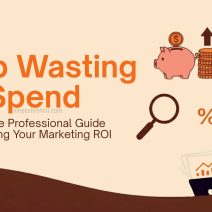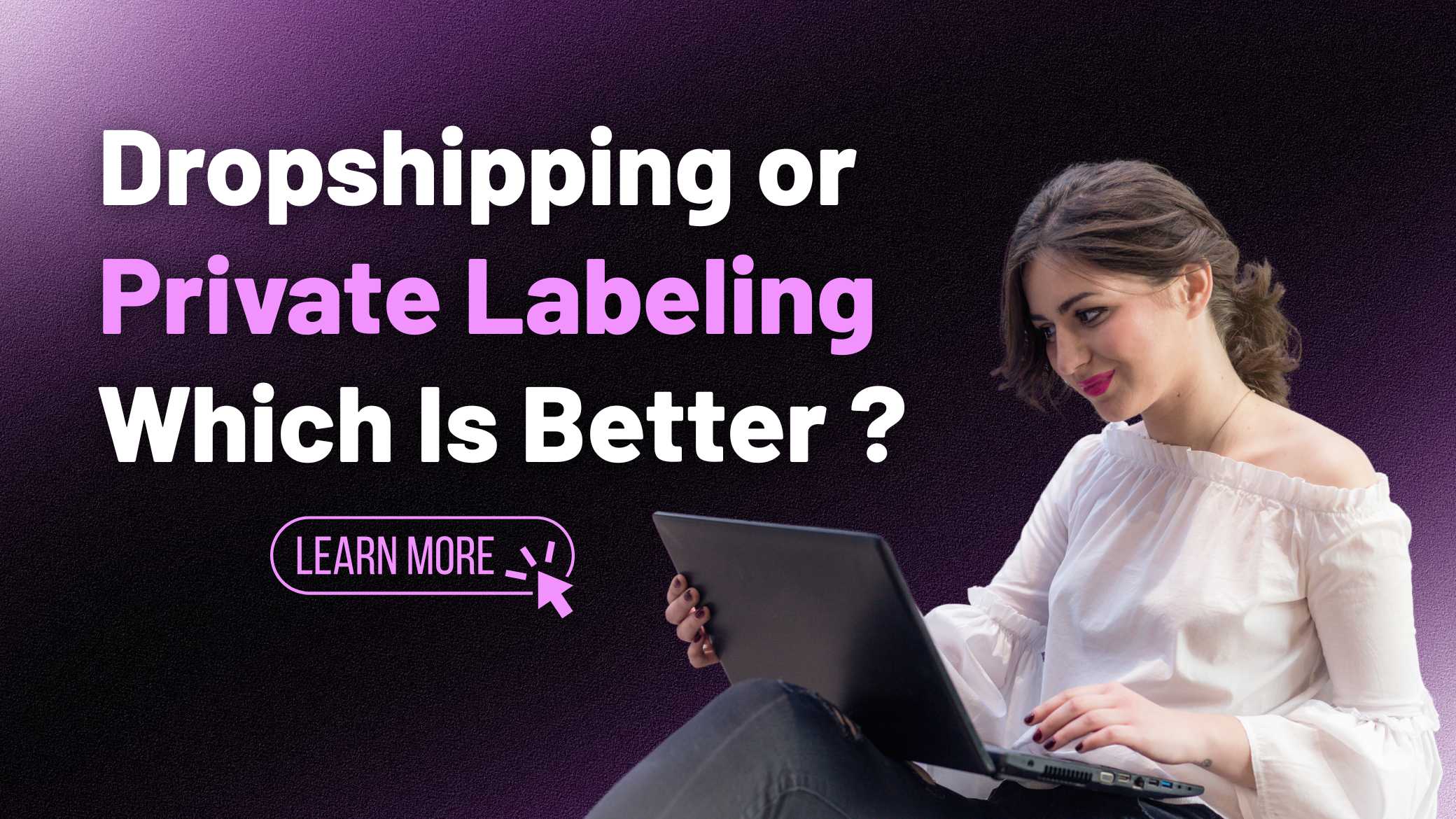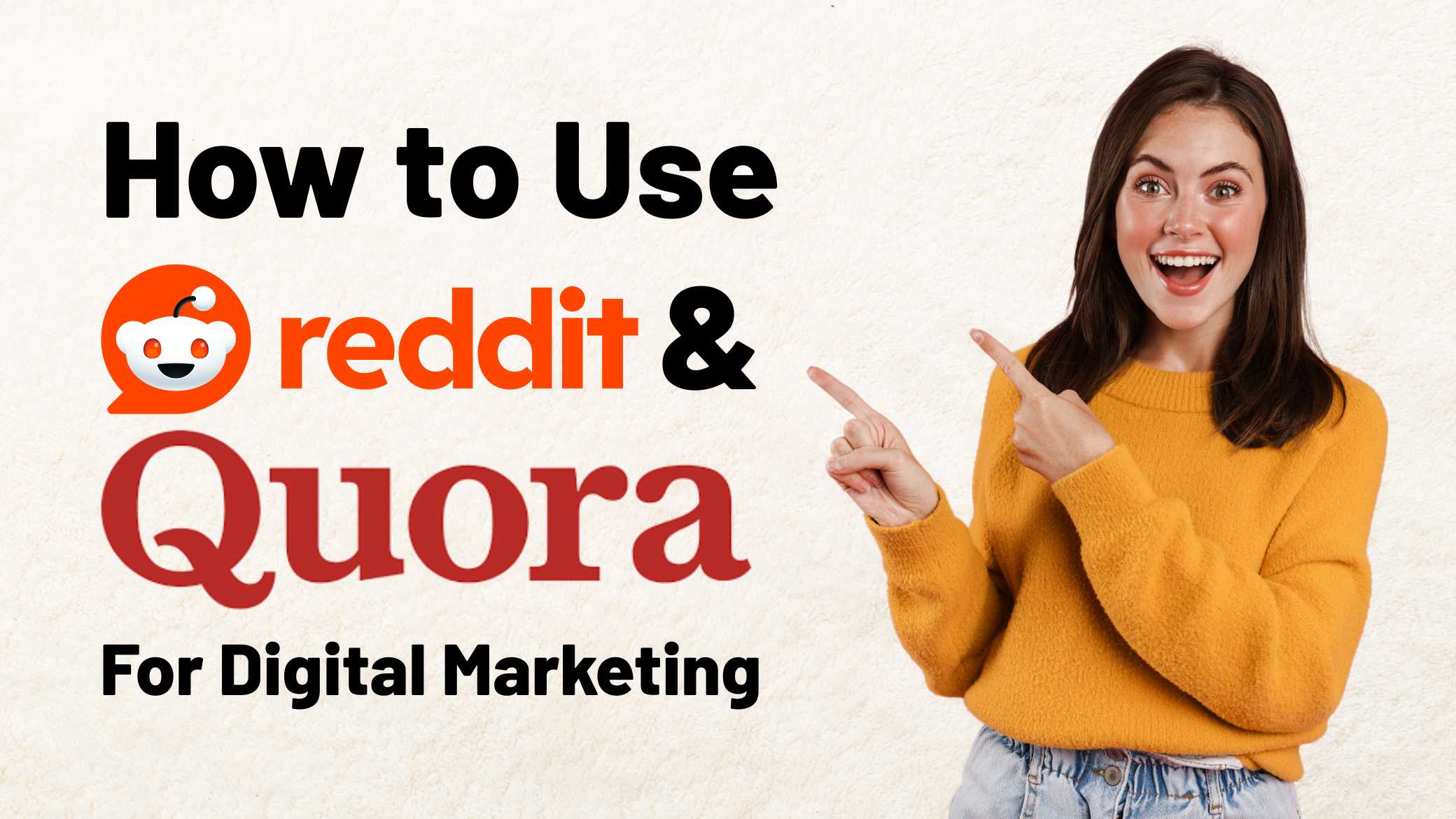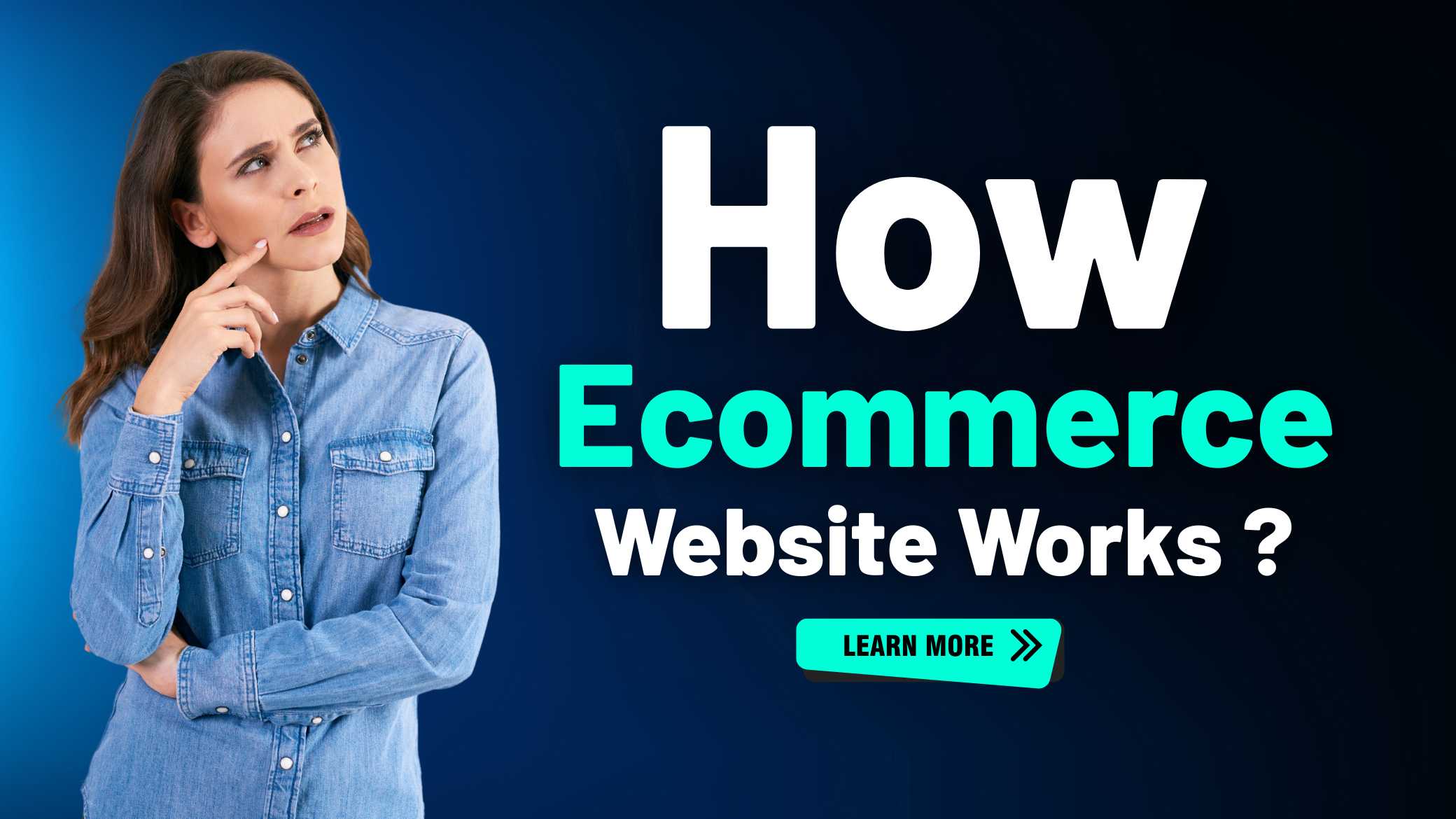Dropshipping or Private Labeling : In the rapidly expanding world of eCommerce, entrepreneurs are presented with various business models to consider. Among the most popular are dropshipping and private labeling, both offering distinct advantages and challenges. The choice between dropshipping and private labeling largely depends on factors such as investment capacity, business goals, control over product quality, branding strategies, and long-term sustainability.
Table of Contents
This comprehensive guide aims to dissect both business models in detail, exploring the key differences, benefits, and challenges, to help you determine which is the better option for your entrepreneurial journey.
Understanding Dropshipping
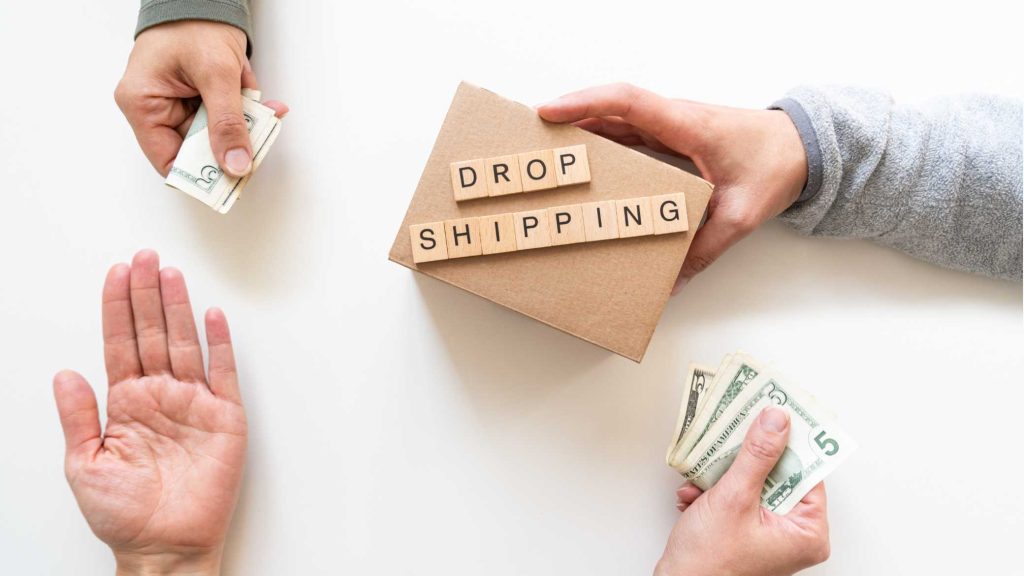
What Is Dropshipping?
Dropshipping is a business model that allows entrepreneurs to sell products without ever holding inventory. Instead, when a customer places an order on your online store, you forward the order details to a supplier or manufacturer who ships the products directly to the customer.
Also Read : 5 Best Dropshipping Suppliers in 2025
As a result, you don’t have to worry about inventory management, packaging, or shipping, which significantly reduces upfront costs.
How Dropshipping Works
- Product Listing: You select products from a supplier’s catalog and list them on your online store at a marked-up price.
- Customer Purchase: When a customer makes a purchase, you receive the payment, which is typically higher than the wholesale price.
- Order Fulfillment: You forward the order to the supplier, who then ships the product directly to the customer.
- Profit Margin: The difference between the price you charge your customers and the price the supplier charges you is your profit.
Advantages of Dropshipping
- Low Startup Costs: One of the most appealing features of dropshipping is the minimal initial investment required. You don’t need to purchase inventory upfront, rent a warehouse, or manage stock. All you need is a website and a reliable supplier.
- No Inventory Management: Since the supplier manages inventory and fulfillment, you avoid the complexities of warehousing and shipping logistics.
- Scalability: As your business grows, it’s easier to scale with dropshipping because you don’t have to worry about managing stock levels or fulfillment.
- Product Range Flexibility: You can offer a wide variety of products without the need to invest in each one. This allows you to test multiple products and niches before committing to any particular one.
Challenges of Dropshipping
- Lower Profit Margins: Since you’re essentially acting as an intermediary between the customer and the supplier, your profit margins tend to be lower. Suppliers may set minimum prices, leaving you little room for significant markups.
- Lack of Control Over Product Quality: With dropshipping, you depend entirely on your suppliers for product quality. If they ship defective or low-quality products, your brand reputation may suffer.
- Shipping and Delivery Issues: Shipping times can be inconsistent, especially if the supplier is located internationally. Delays, mistakes, or mishandled orders may negatively affect customer satisfaction.
- Intense Competition: Because the barriers to entry are so low, dropshipping businesses often face fierce competition. Many sellers use the same suppliers, leading to similar products and prices across multiple stores.
Understanding Private Labeling
What Is Private Labeling?
Private labeling is a business model where you sell products that are manufactured by another company but branded with your own label and logo. Unlike dropshipping, you purchase the products in bulk, allowing you to have greater control over branding, pricing, and the customer experience.
How Private Labeling Works
- Product Sourcing: You find a manufacturer that produces products in bulk, often in a similar industry or niche.
- Brand Customization: You work with the manufacturer to customize the products with your branding, such as adding your logo, design, or packaging.
- Product Storage: Once produced, you receive the products in bulk, store them in a warehouse, and manage inventory.
- Sales and Distribution: When customers purchase your product, you fulfill the order from your stock, handle shipping, and ensure customer satisfaction.
- Profit Margin: Your profit margin in private labeling can be much higher than in dropshipping since you buy products in bulk at lower prices and sell them at a premium.
Advantages of Private Labeling
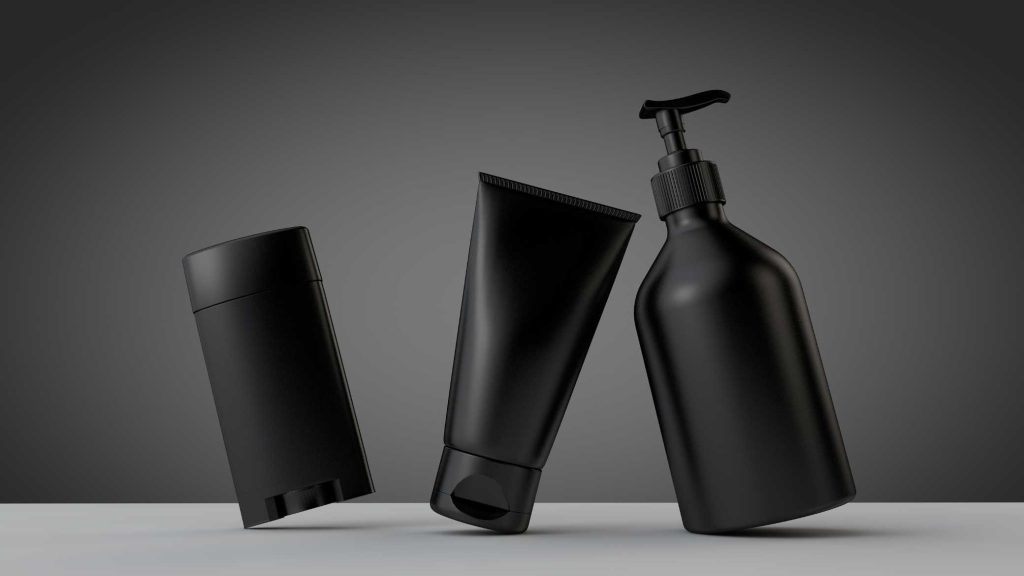
- Higher Profit Margins: With private labeling, you can typically enjoy higher profit margins because you’re buying products in bulk at a lower cost and selling them at a higher price. Your control over the brand and pricing allows you to capture more value.
- Brand Control: Private labeling provides more control over your product’s appearance, packaging, and marketing. This means you can create a unique identity for your brand that resonates with your target audience.
- Exclusive Products: By working with manufacturers to create your products, you can offer something unique that isn’t available from other sellers. This exclusivity can help you stand out in the market.
- Customer Loyalty: When customers purchase from a private label brand, they’re more likely to return if they have a positive experience. Branding and quality control lead to better customer retention.
- Better Profit Potential: Since you control the product pricing and branding, there’s more potential for long-term profitability as you build a loyal customer base and increase sales volume.
Challenges of Private Labeling
- Higher Initial Investment: Private labeling requires a significant upfront investment since you must purchase inventory in bulk. This increases your financial risk, particularly if you’re just starting out.
- Inventory Management: You’re responsible for managing and storing your inventory. This requires space, time, and systems to track stock levels, which can be challenging as your business grows.
- Supplier Relationship: Finding a reliable supplier who can meet your quality standards and production timelines is crucial. Poor supplier relationships can lead to delays, defects, and loss of customer trust.
- Shipping and Fulfillment: While you have control over inventory and shipping, you’re also responsible for fulfillment, which can become complex as your business scales. You may need to invest in warehousing and logistics solutions to handle this effectively.
Comparing Dropshipping and Private Labeling
To decide which business model is better, you must evaluate the advantages and challenges of both against your business goals and resources.
Investment and Risk
Dropshipping is ideal for entrepreneurs with limited capital or those who want to test the waters with minimal financial risk. Since you don’t need to purchase inventory upfront, your investment is primarily in marketing and setting up your online store. On the other hand, private labeling requires a more substantial initial investment for inventory, branding, and marketing.
Profit Potential
Private labeling offers higher profit margins than dropshipping because you buy products in bulk at a lower cost and sell them at a premium. With dropshipping, margins tend to be slimmer due to the lack of control over wholesale prices and the competitive nature of the market.
Control Over Quality and Branding
If maintaining control over product quality and branding is important to you, private labeling is the way to go. You can design your product packaging, choose your suppliers, and ensure the quality of the items you sell. Dropshipping offers less control over product quality, as you rely on suppliers to fulfill orders without directly handling the products yourself.
Scalability
Both business models can scale, but the scalability process differs. Dropshipping is more scalable due to its low upfront investment and minimal operational requirements. You can quickly add products to your store without worrying about inventory. However, scaling in private labeling requires more investment in inventory and fulfillment processes.
Long-Term Sustainability
Private labeling generally offers better long-term sustainability. Building a brand, improving product quality, and fostering customer loyalty will pay off as your business grows. Dropshipping, however, can be more volatile because of its reliance on third-party suppliers, shipping delays, and intense competition. As more businesses enter the dropshipping space, profitability can decrease over time.
Dropshipping or Private Labeling – Conclusion:

There’s no one-size-fits-all answer when it comes to choosing between dropshipping and private labeling. The best option depends on your goals, resources, and how involved you want to be in the business. If you have limited capital and want to start quickly without the need to manage inventory or products, dropshipping might be the ideal choice. It allows you to test the market with minimal financial risk.
Buy Now : Ecommerce Website With 100 Products
However, if you’re looking for a long-term, sustainable business model that offers more control over your brand, higher profit margins, and better customer loyalty, private labeling is a better choice. While it requires more upfront investment and operational effort, private labeling provides the opportunity to build a unique, scalable brand with greater profitability in the long run.
Ultimately, your decision should align with your vision for your business and the resources you have at your disposal. Both business models have the potential for success if executed well, but understanding their nuances is crucial to making the right choice.
Keywords : Dropshipping or Private Labeling – Dropshipping or Private Labeling 2025 – Dropshipping or Private Labelings


